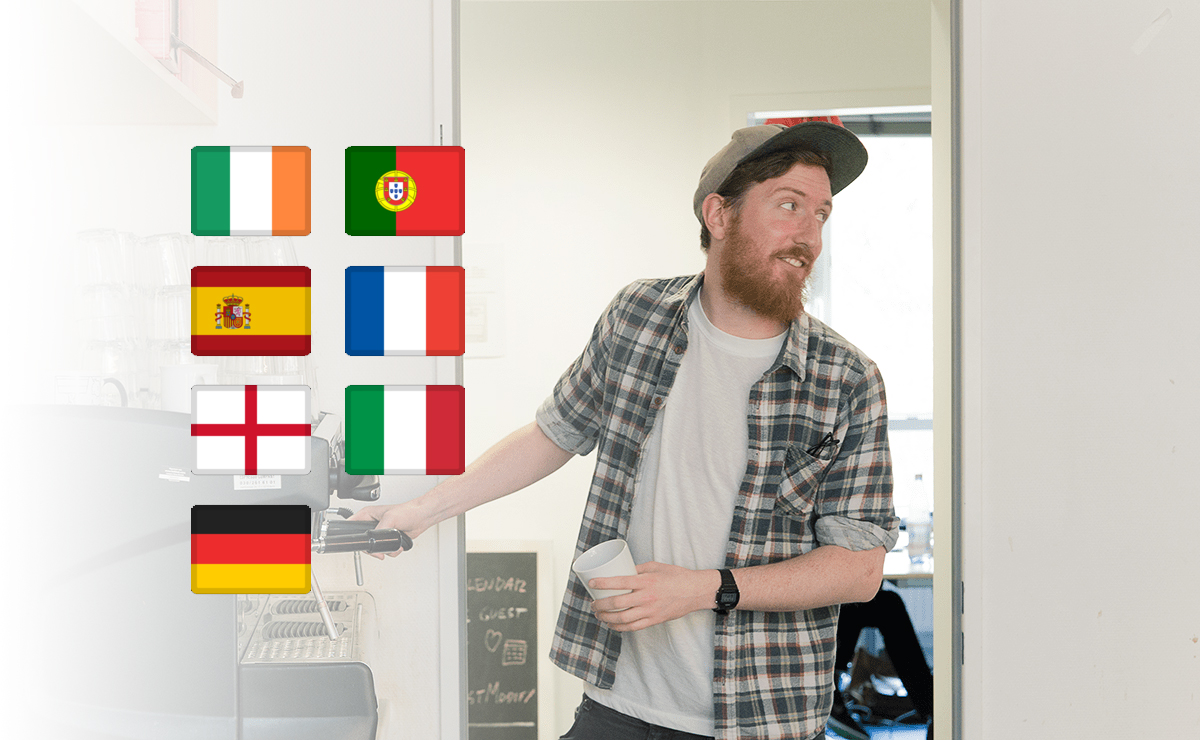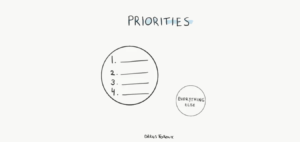
Born and raised in Manchester, England, a young man named Matthew Youlden can speak 9 languages. Apart from English, Spanish, German, Irish, Catalan, Portuguese, French, Italian and Hebrew, which he can speak at an advanced level, he also understands many languages, but cannot speak them very well.
Matthew’s colleague, John-Eric Jordan, mentions that he’s witnessed many times that Matthew can pass language as easily as chameleons change colour, and that for a long time Matthew never understood that he was English.
Matthew has some valuable advice for those who want to learn a new language. Let’s take a look at these recommendations.
1) Have a very good reason.
Unless you have a really solid reason to learn a foreign language, it is very difficult to stay motivated in the medium and long term.
2) Dedicate yourself to this job and make a promise to yourself about it.
Will you be able to stand behind your reasoning as time goes on? Be sure about this. Act as if learning that language is the most critical thing in your life.
“I will do whatever I can in this language.”
3) Have a partner who is committed to the same sacred mission.
Matthew learned many of the languages he can speak today with his twin brother Michael. (Matthew says they were only 8 years old when they attempted to learn their first foreign language, Greek.)
4) Envy your partner, even envy him.
“Together we are much better motivated and fuel each other. If he notices that I’m ahead of him, he hangs even more forcefully until he’s past me. – And vice versa of course.”
5) Learn by practicing.
Of course, not everyone has a twin brother. But it is very advantageous in every way to start such a business with any partner. First of all, you have the chance to learn the language you are trying to learn by speaking and living it and integrate it into your daily life.
“There’s someone you can talk to about day-to-day business. That’s the main purpose of learning a language, isn’t it?”
6) Talk to yourself.
Talking to yourself is also very helpful. Matthew talks about being a great way to talk to yourself, especially if you’re learning a language you don’t use often.
7) Have fun in the language you are trying to learn.
How you use this new language that is included in your life is actually up to your creativity. Matthew and Michael had fun writing lyrics for Greek, which they started learning at the age of 8, recording and listening to this song. This method has been very helpful in learning the language.
8) Use the children’s learning method.
Always ask questions, wonder a lot, and make mistakes. Making mistakes is perceived as something that one should never do, and avoid no matter what. Don’t be ashamed of making mistakes.
9) Leave the safe and comfortable area.
The willingness to make mistakes will unfortunately put you in embarrassing situations at times. Of course this is scary and annoying. But we also have to accept that; This is the way of progress and development. It’s not just language learners who make mistakes in pronunciation, grammar, and word choice; mother tongue owners are like this most of the time.
10) Listen.
Before you start speaking a language, learning to listen is essential. Matthew has this to say about it:
“There are really no words we can’t pronounce; we’re just not used to it.”
Matthew, the way to pronounce a word correctly is to hear it constantly; and that word means being able to perceive the vibration and sound created in the mouth and throat.
11) Watch people who speak that language.
Matthew says that watching a movie or TV series and listening to music in a language will be very beneficial, but it is very important to spend some serious time on this. You need to get used to a language mentally as well as your mouth physically getting used to its tone and vibration.
12) No one will resent you for being a foreigner making mistakes in their native language.
Say you’re trying to learn and practice. This will be more than enough. You will even find that most of them will be extremely patient and helpful.















